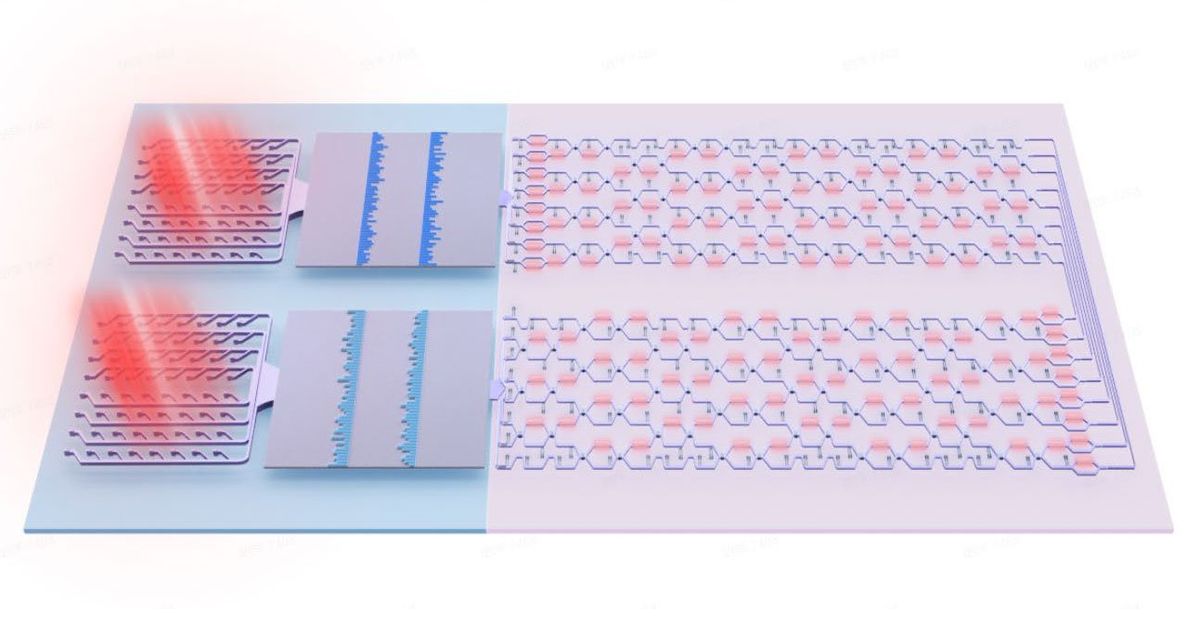The Obama administration announced last week the first recipients of stimulus grants, in the $2.4 billion Electric Drive Battery and Component Manufacturing Initiative. The big winners were first of all the Big Three car makers, followed closely by the most substantial developers of lithium ion battery manufacturing technology, both U.S.- and foreign-owned. General Motors gets $240 million, Ford $100 million, and Chrysler $73 million. Automotive technology and battery specialist Johnson Controls receives $299 million, and France’s Saft America—Johnson's partner in a venture to establish a lithium ion battery factory in Holland, Michigan—comes away with $95.5 million. A123Systems, the Massachusetts lithium ion battery maker. is awarded $249 million, and Compact Power (a subsidiary of South Koerea’s LG Chem) 151 million.
It was Compact Power that won the prestigious contract to provision Chevrolet's Volt with batteries, and the Volt was a significant player in the stimulus awards, despite skepticism about its prospects. GM got $106 million for production of battery packs and $30 million to build 625 Volts as test vehicles for fleets. But Volt is not the only player. A123Systems, which lost out in the competition for the coveted Volt contract, will be making lithium ion batteries for a handful of Chrysler hydbrids.
Phoenix-based eTec, which had developed charging infrastructure to support GM’s deceased EV-1, gets $100 million to build and install 12,750 electric charging systems in five states, working with Nissan.
Overall, as Earth2Tech blogger Josie Garthwaite observed, the federal battery program’s priority objective of getting technology into large-scale production within a few years "tends to tilt the scales away from younger ventures." A losing venture-capital-supported company complained to the Wall Street Journal that if it were 1980 and the government were trying to kick-start the development of computer operating systems, Microsoft probably would not be among the grantees.
Considering the magnitude of the government’s battery program and its highly targeted ambitions, it has been surprisingly uncontroversial. Not very long ago such overt "industrial policy" would have been roundly denounced in the United States as socialistic, and in fact it is socialistic, as the term is generally understood. But industrial policy is an as aspect of socialist policy making that's been as enthusiastically and effectively practiced by conservative governments in Japan as by coalitions containing communists in France. That's because when an economy is in crisis and the chips are down, a determined government does what a determined government has to do.


